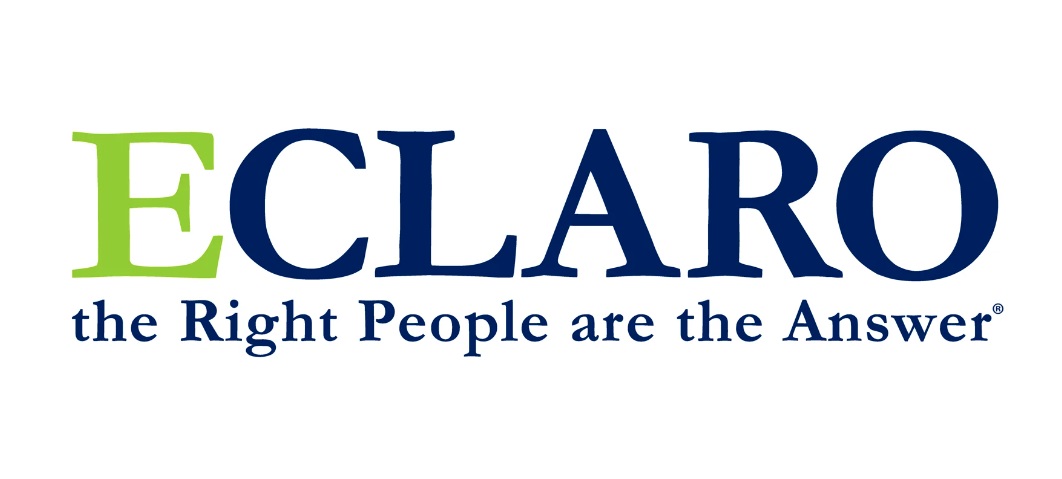Everyone has something to say about the notion of happiness. And why not? It’s at the core of pretty much everything we all do—not just making ourselves happy, but driving happiness for others. Friends, family, colleagues, clients.
“The greatest happiness in the world is to make others happy,” Luther Burbank gave us. Good stuff. “Let us be thankful for the people who make us happy,” said Marcel Proust. Thanks for that one, Marcel. “If you want happiness for a year, inherit a fortune,” offered none other than Confucius. “If you want happiness for a lifetime, help someone else.” We can roll with that.
Now, as far as our research has revealed, none of these wise thinkers worked in the world of talent acquisition. And they certainly weren’t searching for, finding, deploying or managing people for clients. But regardless of their industry, career or calling, their sensibility is on the mark, particularly for anyone in the business of providing a service—make sure others are happy first.
Take a moment to read that again. Not “at first” but “first.”
Because, as one of the great relationship sages of our age notes, you can be the source of somebody else’s happy at first. And then, well, you know…
“There'll be happiness after you/But there was happiness because of you/Both of these things can be true/There is happiness.”
Now, let’s be honest. Do you really want to be part of a Taylor Swift love song?
And surely you’d rather your clients never actually make it a point where they find out about happiness without you. Yet, it happens.
We’ve all seen it before. In the early stages of a new relationship, you’re making sure your client is happy at every turn. You’re reaching out, they’re reaching out, you’re assessing their needs and offering the right solutions. But then the relationship moves from “new” to “established,” and maybe you don’t communicate as much.
You don’t continue to proactively assess how their needs are changing, what new challenges are arising, how your solutions are working (or not). But you’re not hearing from them, either, so maybe you’re thinking nothing’s wrong.
And that’s where you may be wrong.
As something of a follow-up to last week’s “Are Your Breaking Up With Me” post, let’s return to our friend John Doe (yes, he’ll remain anonymous here, since he asked), who says if you aren’t hearing from a client that things are going poorly, it doesn’t necessarily mean they are going well.
No News Is Not Necessarily Good News
I didn’t, as a client, feel the responsibility to make my provider comfortable by constantly telling them that they were okay, they were good,” he tells us. “It’s the provider’s job to make me successful. That’s what I’m paying them for.”
Good News Is Not Necessarily Good News
If I did tell them that all was okay, and I wasn’t really happy, it was usually because I didn’t value the relationship—I didn’t want to waste my time trying to fix something that wasn’t fixable. At times I would smile and say, ‘All is okay!’ as I got bids to replace them.”
And that isn’t going to make you happy. But here’s some actual good news: Much of this is in your hands.
Communicate, collaborate. And do it consistently. Give an established relationship the care, concern and creative energy that you would give a new one. Show your client that you not only put their happiness first, but that you are always putting in the effort to discover how “happiness” is defined—and is evolving—for them. That can drive happiness for the lifetime of any partnership.




